Engineering Design

Educators and Parents, Sign Up for The Cheat Sheet
Weekly updates to help you use Science News Explores in the learning environment
Thank you for signing up!
There was a problem signing you up.
-
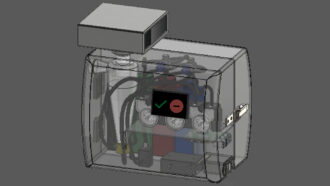 Tech
TechA ‘mini cyclone’ helps detect coronavirus in the air
A new device can detect from seven to 35 coronavirus particles per liter of air in minutes. That’s close to a PCR test’s sensitivity — but much quicker.
-
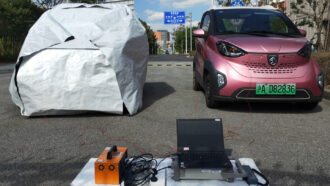 Tech
TechNew thermal ‘cloak’ keeps spaces from getting too hot or too cold
A prototype fabric could help keep cars, buildings and other spaces cooler during heat waves while also reducing greenhouse-gas emissions.
By Skyler Ware -
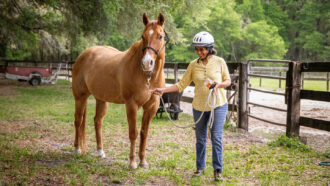 Tech
TechHorses are inspiring this roboticist to build trustworthy robots
Computer scientist Eakta Jain is looking at human-horse interactions for ideas about how to design robots that work well with people.
-
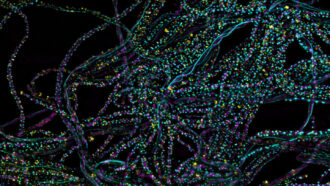 Plants
PlantsA single particle of light can kick off photosynthesis
In a new experiment with bacteria, a lone photon sparked the process of turning light to chemical energy.
-
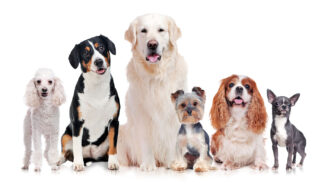 Animals
AnimalsExplainer: What is animal domestication?
The difference between a dog and a wolf isn’t looks or genes or even behavior. It’s the relationship these animals have with people.
-
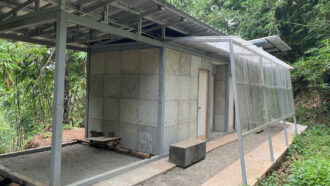 Materials Science
Materials ScienceThis house is partly made of recycled diapers
After being washed, dried, sanitized and shredded, used diapers were mixed with other materials to make a strong concrete.
-
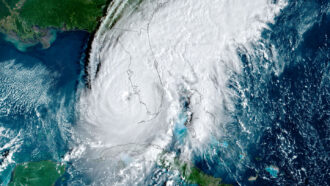 Physics
PhysicsExplainer: What is chaos theory?
Chaos can help scientists explore subjects from climate change to human brains. Learn about the theory behind this field of science.
By Sarah Wells -
 Computing
ComputingTeen-created software IDs skin conditions, risky drivers and more
Researchers at the 2023 Regeneron ISEF unveiled computer programs to diagnose skin conditions, warn of dangerous driving and translate sign language.
-
 Brain
BrainNeuroscientists use brain scans to decode people’s thoughts
The research may lead to new devices for people who can’t communicate easily. It also raises privacy concerns.
-
 Climate
ClimateFor greener toilets and air conditioning, consider saltwater
Using saltwater would allow coastal cities to save their freshwater for drinking and to reduce their carbon footprints. Some could save money, too.
By Laura Allen -
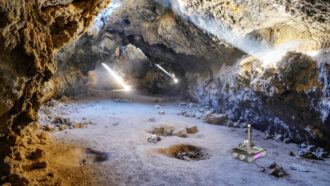 Space
SpaceFairy tale inspiration could help rovers explore risky places
Taking a cue from Hansel and Gretel, scientists propose a way for rovers to send back data from treacherous terrain.
-
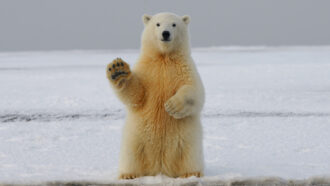 Materials Science
Materials ScienceAnalyze This: A new fabric mimics polar bears’ pelts for warmth
With layers that work like polar bears’ skin and fur, a material absorbs light and keeps it from escaping.